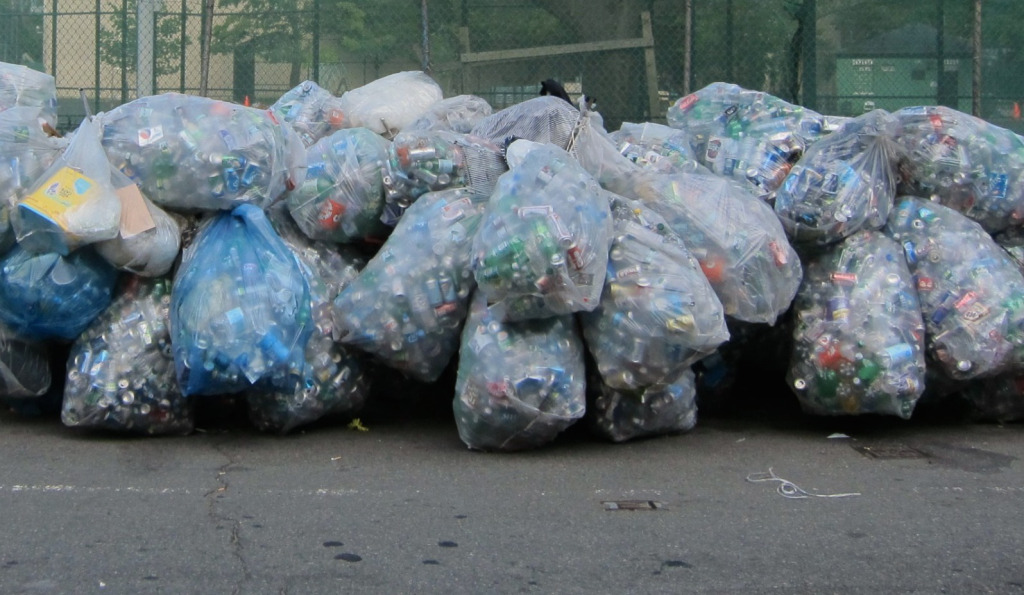California Says Alleged Recycling Scam Trucked In Bottles & Cans From Arizona For $14M In Illegal Refunds

(Scoboco)
A grand jury indicted five California residents on charges including grand theft and recycling fraud in March, reports the Associated Press, but the details of the case were just announced Thursday by California’s Department of Resources Recycling and Recovery, or CalRecycle.
Officials also say more than a dozen private recycling centers in Southern California are on the hook for playing a part in the scam, because they accepted the Arizona recyclables. Though all centers are responsible for determining where a container came from, in this case those involved were operated by or in cahoots with the fraud ring, CalRecycle noted.
In April 2014, Department of Justice agents “witnessed a semi-truck being loaded with used beverage containers” in Phoenix and then followed it to a dirt lot in Bakersfield, where the containers were moved to a trailer and a U-Haul truck, and eventually taken to a recycling center in the city.
That operation led to investigators uncovering what they call a scam involving recycling centers redeeming bottles and cans from Arizona from 2012 to 2014.
So why is it illegal to bring Arizona cans to California for cash? Money refunded for containers in California is given out based on the fact that there was an original $0.05-$0.10 charge to buy that bottle or can, marked as a California Redemption Value claim on containers. But if the can comes from Arizona, that means it was purchased there and thus not subject to that initial California charge.
“Californians rightly expect us to act aggressively to combat CRV fraud,” CalRecycle Director Caroll Mortensen said. “These indictments send a clear message to anyone who thinks they can cheat the system by illegally cashing in on out-of-state containers through fraudulent CRV redemptions.”
California says it busted $14M can, bottle recycling scheme [Associated Press]
Want more consumer news? Visit our parent organization, Consumer Reports, for the latest on scams, recalls, and other consumer issues.

